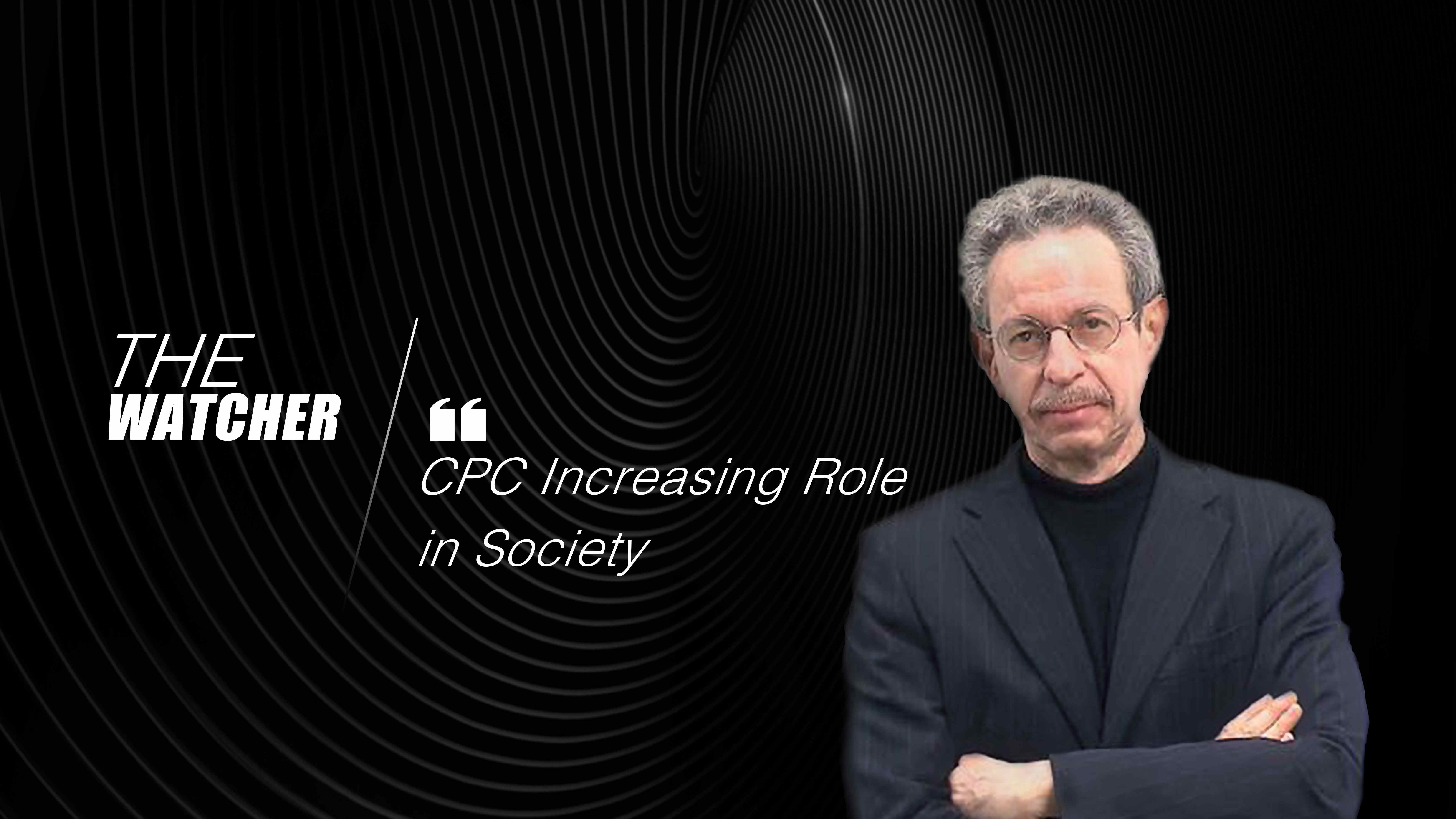
China
15:18, 22-Oct-2017
The Watcher: CPC Increasing Role in Society
Robert L. Kuhn

I’m Robert Lawrence Kuhn and here’s what I’m watching…
The Party’s increasing role in society. With the ascendency of China recognized by all, though worrying to some, foreign analysts and media look to the 19th National Congress of the Communist Party of China for clues about China’s future. It is no state secret that Xi Jinping, during his almost five years as China’s senior-most leader, has strengthened the CPC’s, the Party’s, role in governing China — and many have questions, Chinese as well as foreigners. I’m asked these questions by various media and I think it useful to state them and examine them.
What is it about the Party, the CPC - and its governing philosophy - that makes Xi so committed to enhancing the Party’s governing power? What are the Party’s organization and governance, vision and challenges, positions and policies? Why has China opted for what it calls “multi-party cooperation under CPC leadership,” which everyone knows is more the latter than the former? Would China be more stable with a multi-party competitive system? How does the CPC as the ruling party claim legitimacy? What innovations has Xi brought to the Party’s leadership role in the economy and society?
The augmented role of the Party in the governance of commercial corporations – not only state-owned enterprises but also private and even foreign companies – exemplifies Xi’s determination to strengthen the Party’s leadership of the country. Moreover, the heightened position of the Party in universities, including required political Marxist study, reverses trends of recent years.
All systems of governance have trade-offs. The benefits of a system with a single ruling party include implementing critical policies rapidly and assuring that strategies which require long-term commitment, have long-term commitment – for example, China's “Belt and Road Initiative.” The costs or dangers of a system with a single ruling party is that society is much more dependent on the quality of its leaders, and much more vulnerable to their vicissitudes and excesses. There are trade-offs too in stricter public regulations, especially control of the media – although, as you may be surprised, I can now say this openly. Going forward in the "New Era", the Party faces challenges – furthering economic reform and transformation, and guiding social development and transition – while at the same time, improving transparency and building institutions that are self-regulating. The Party must continue earning its leadership role.
I’m keeping watch. I’m Robert Lawrence Kuhn.

SITEMAP
Copyright © 2018 CGTN. Beijing ICP prepared NO.16065310-3
Copyright © 2018 CGTN. Beijing ICP prepared NO.16065310-3